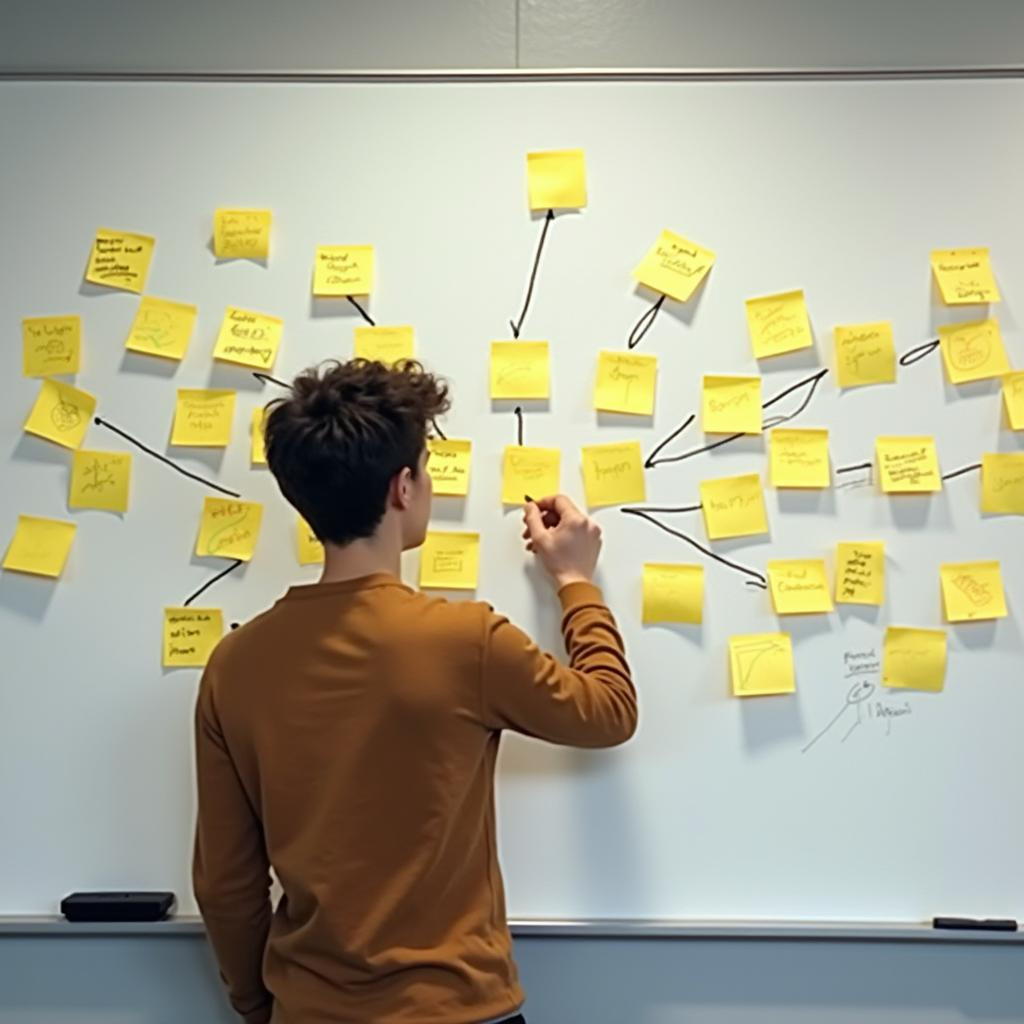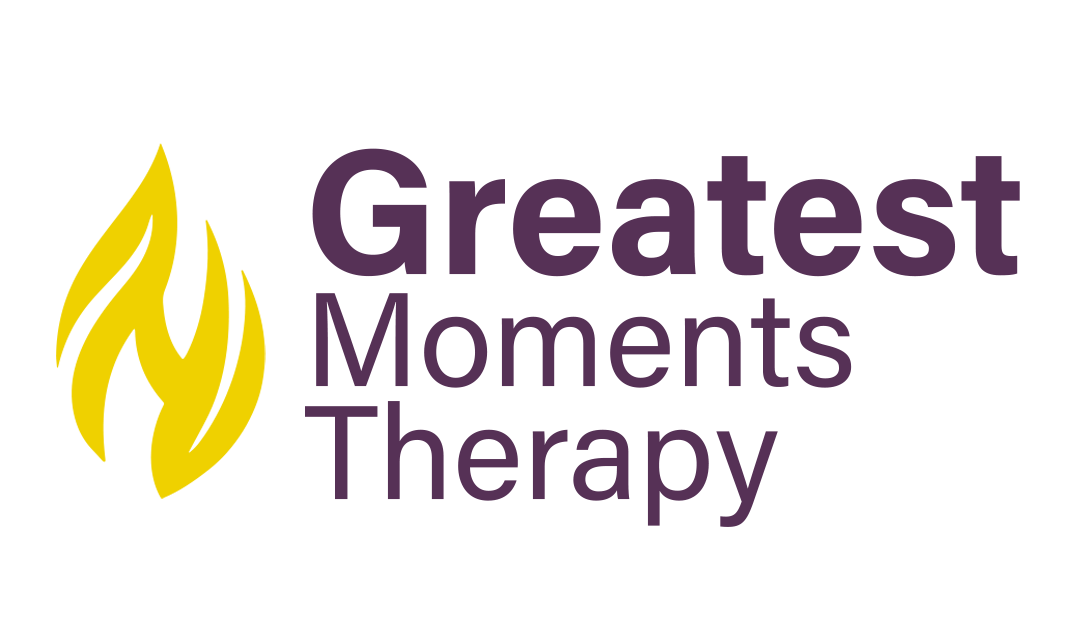Lasting Relationships: It is about negotiation, not just communication
Greatest Moments Therapy offers coaching and therapy for family and relational dynamics.
Here are some interesting points often overlooked or even actively avoided for fear of being viewed as “transactional and cold.”
Every relationship runs on a contract — spoken or unspoken.
After decades of clinical work, one pattern is constant: every couple operates within a “psychological contract”. Often implicit, the contract consists of a set of expectations about loyalty, intimacy, money, family, time, and care.
Problems arise when those terms stay “unspoken” and the partners don’t explicitly discuss their mutual expectations, longings, needs, etc.
Each partner starts operating on private assumptions shaped by their upbringing, prior relationships, and fears.
Misunderstandings are then framed as betrayals rather than as mismatched expectations.
Making the contract “explicit” - talking openly about what each person expects, offers, and needs - reduces projection, power struggles, and the quiet manipulations that come from unmet or unacknowledged needs.
But the contract isn’t static. It must be “revisited” and “renegotiated” as life changes:
* Careers shift, income, and availability change.
* Parenting, illness, aging parents, or retirement alter priorities and capacity.
* Emotional needs evolve; sexual or relational energy ebbs and flows.
* What felt fair or balanced in one phase can feel unsustainable in another.
Couples who revisit their “terms” — with empathy, realism, and respect for mutual limits — adapt better. Research on expectation clarity and relationship maintenance shows that explicit communication about needs and fairness predicts greater long-term satisfaction and resilience.
The goal isn’t to script a perfect agreement, but to keep the conversation alive.
Healthy relationships are “dynamic contracts”: renegotiated, realistic, and responsive to the people you’re both becoming.
Walk away from magical thinking, develop good empathic negotiation skills with your partner, and embrace the real connection you have.
Interested in learning the skills? Reach out by email Dr. J. or 2017570600



